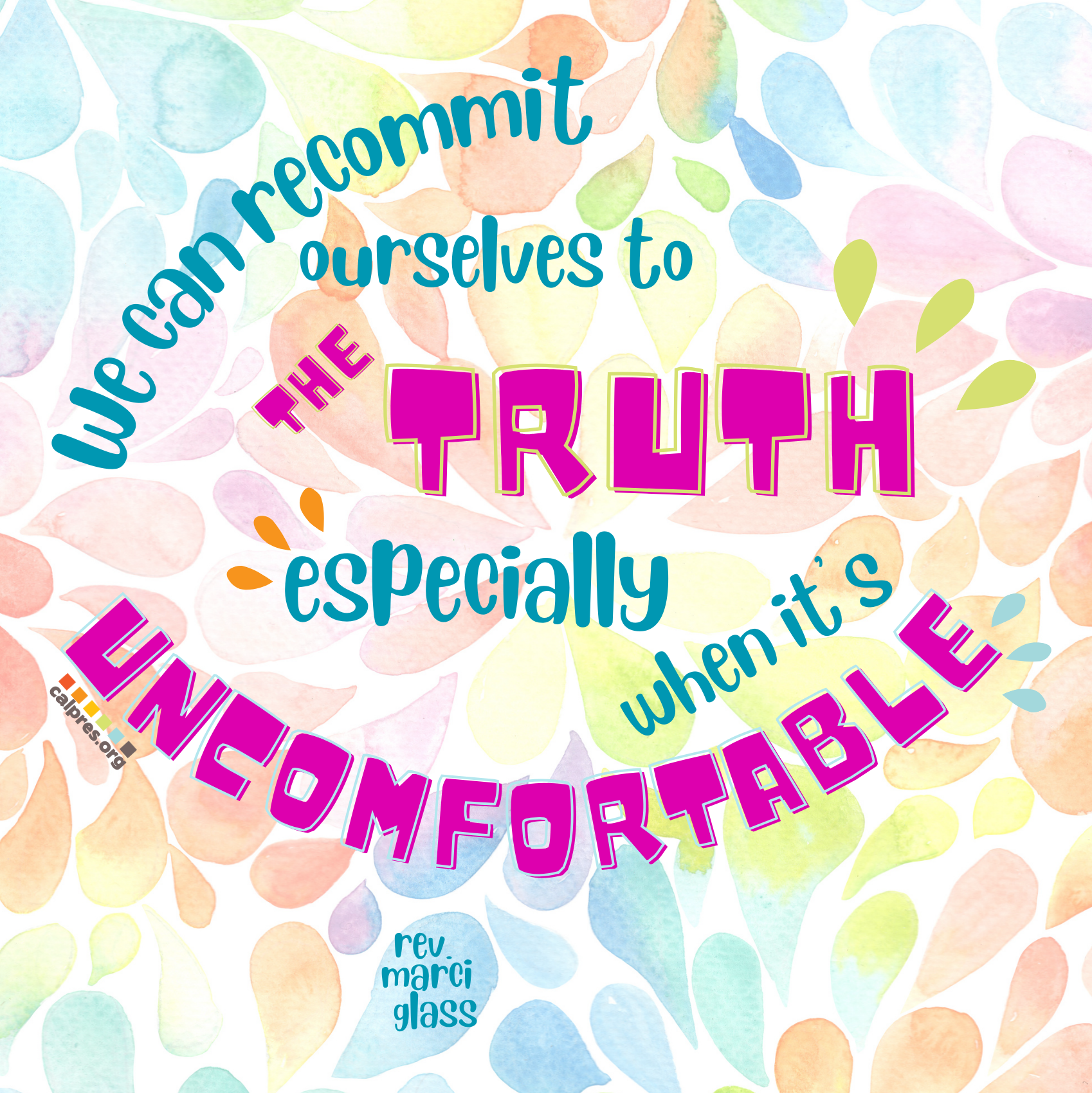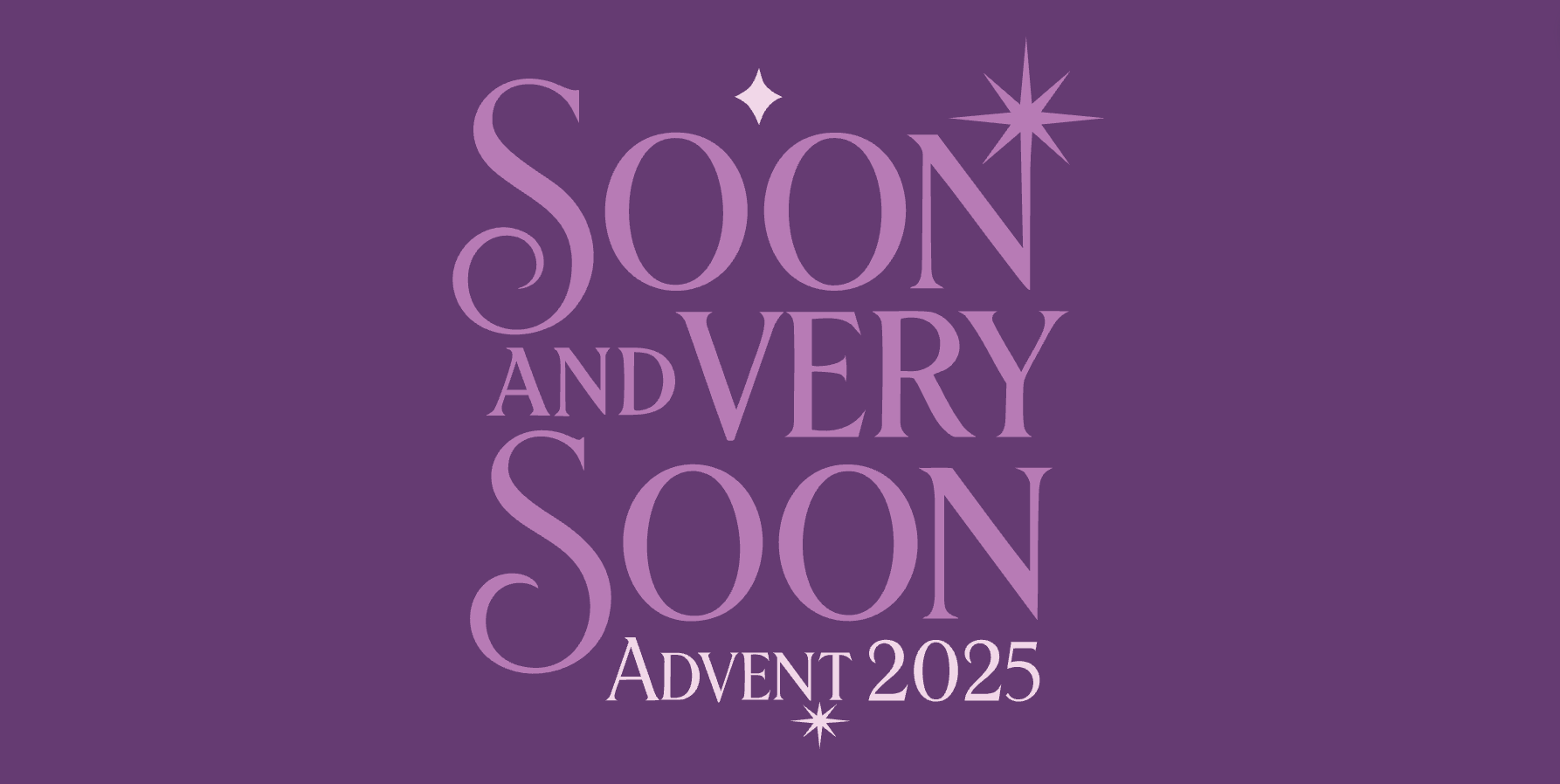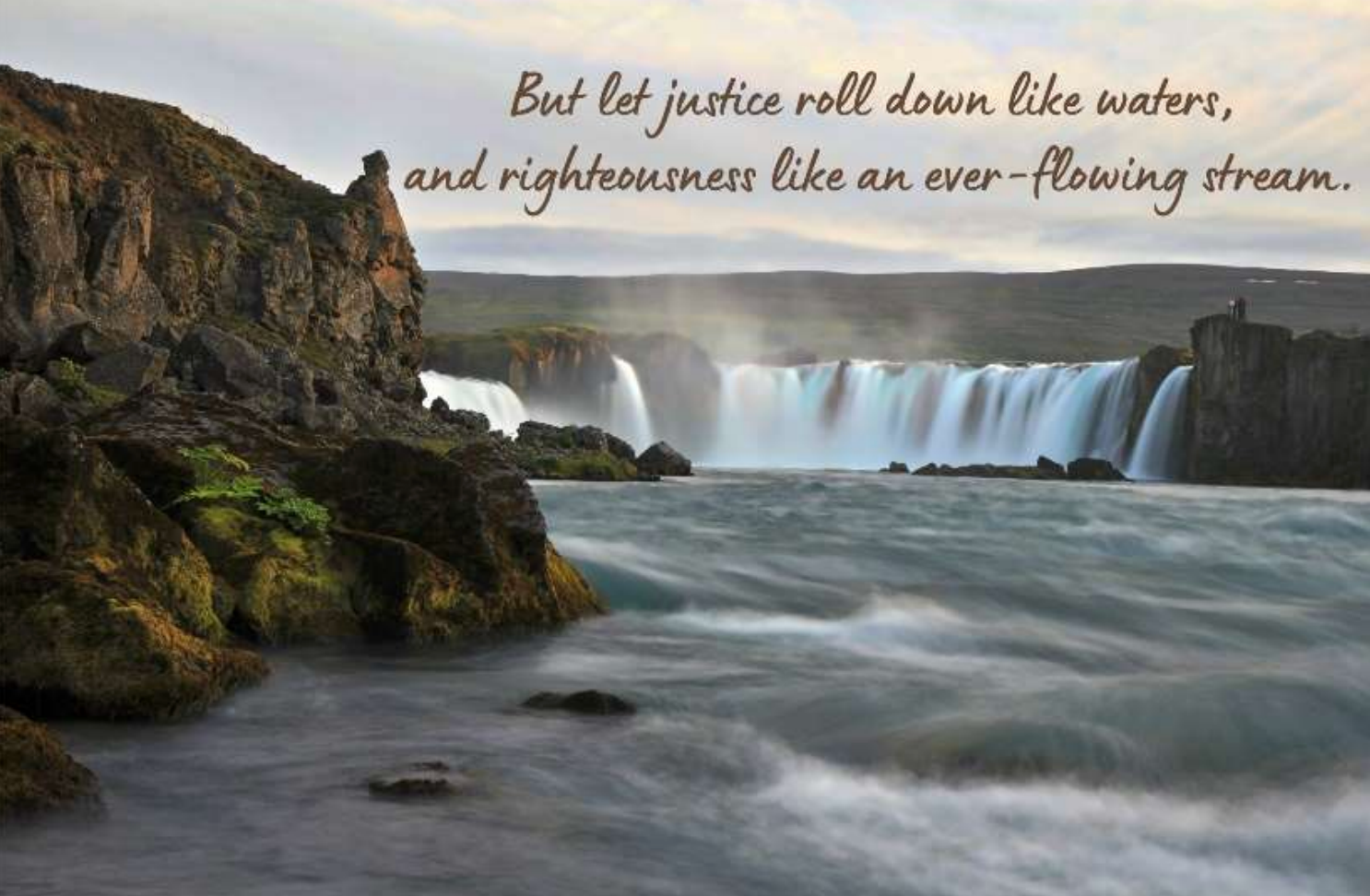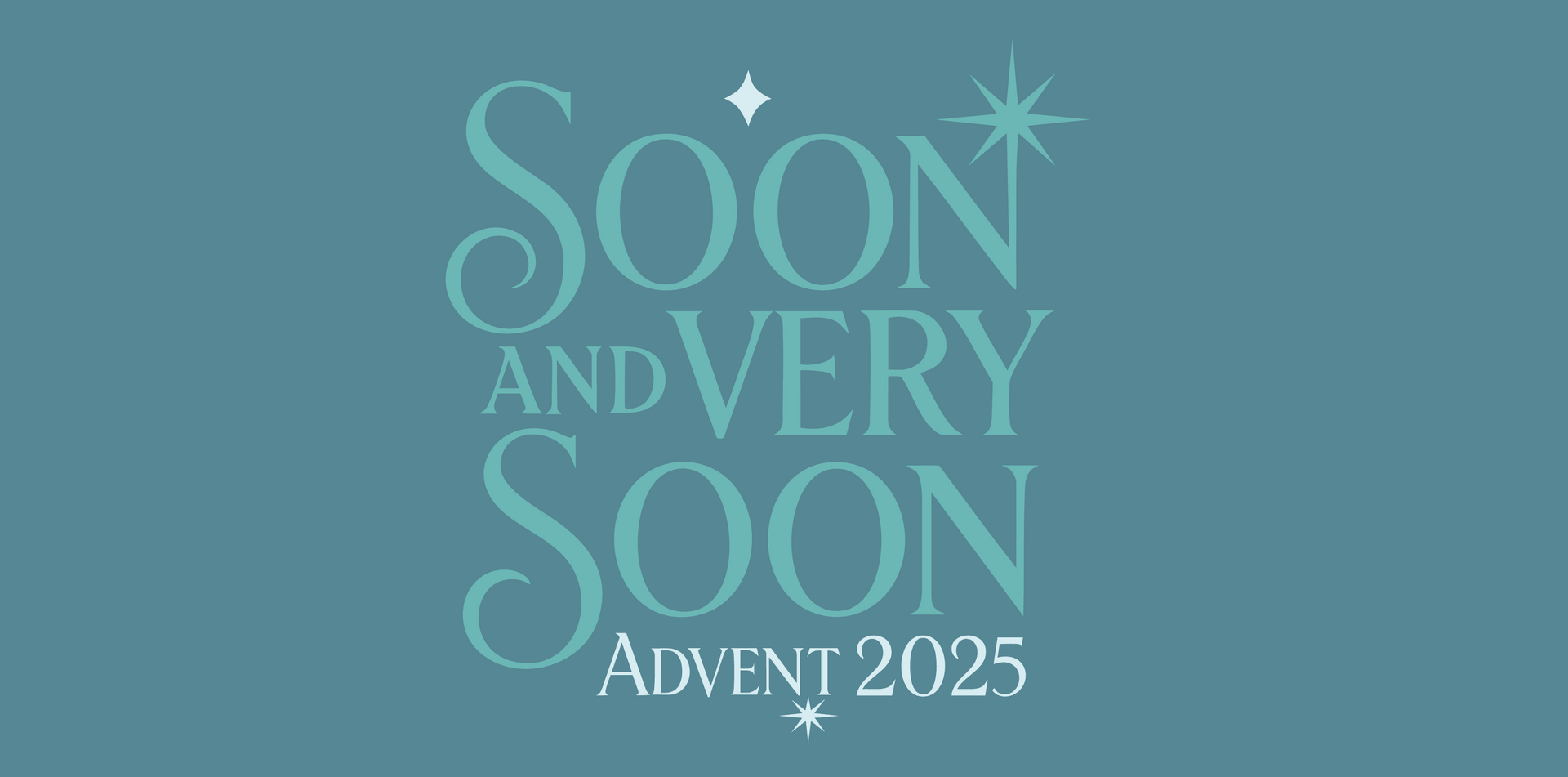Sermon 11.19.2023: What Do You Do With the Truth?
Today is Christ the King Sunday and we'll hear the story of King Josiah, which continues the theme we’ve been hearing from the prophets the past few weeks, about what kind of leadership God desires. Leadership that is honest, that is fragile like a shoot coming out of a stump, and that turns people back toward God.
Scripture
2 Kings 22:1-13
Josiah was eight years old when he began to reign; he reigned for thirty-one years in Jerusalem. His mother’s name was Jedidah daughter of Adaiah of Bozkath. He did what was right in the sight of the Lord, and walked in all the way of his father David; he did not turn aside to the right or to the left.
In the eighteenth year of King Josiah, the king sent Shaphan son of Azaliah, son of Meshullam, the secretary, to the house of the Lord, saying, ‘Go up to the high priest Hilkiah, and have him count the entire sum of the money that has been brought into the house of the Lord, which the keepers of the threshold have collected from the people; let it be given into the hand of the workers who have the oversight of the house of the Lord; let them give it to the workers who are at the house of the Lord, repairing the house, that is, to the carpenters, to the builders, to the masons; and let them use it to buy timber and quarried stone to repair the house. But no account shall be asked from them for the money that is delivered into their hand, for they deal honestly.’
The high priest Hilkiah said to Shaphan the secretary, ‘I have found the book of the law in the house of the Lord.’ When Hilkiah gave the book to Shaphan, he read it. Then Shaphan the secretary came to the king, and reported to the king, ‘Your servants have emptied out the money that was found in the house, and have delivered it into the hand of the workers who have oversight of the house of the Lord.’ Shaphan the secretary informed the king, ‘The priest Hilkiah has given me a book.’ Shaphan then read it aloud to the king.
When the king heard the words of the book of the law, he tore his clothes. Then the king commanded the priest Hilkiah, Ahikam son of Shaphan, Achbor son of Micaiah, Shaphan the secretary, and the king’s servant Asaiah, saying, ‘Go, inquire of the Lord for me, for the people, and for all Judah, concerning the words of this book that has been found; for great is the wrath of the Lord that is kindled against us, because our ancestors did not obey the words of this book, to do according to all that is written concerning us.’
Sermon Text
The books of 1st and 2nd kings are a history of the kings of Israel and Judah. Originally, it was one book. In 1st Kings we start with the death of King David and the ascension of his son Solomon. The biblical nation of Israel is divided by schism and the Books of Kings recount the political history of the land.
You can study History in many ways. Stories of kings, armies, battles, and conquering is one way. I was a History major in college and spent a lot of time studying Social History, as opposed to Military History, reading diaries of people who lived in London in the 17th century. Comparing what the royal historian says to what your average Londoner said about the same events is interesting. You can learn a lot from people who didn’t know they were writing a history as they wrote in their diary.
I also took a class that told history through fairy tales. If you were to ask 21st century American kids to say which three things they’d ask for from a genie who gave them three wishes, they’d like say the new Xbox, or a new phone, or some other fancy toy. In the 1600s, when those stories were told, the children asked for enough food to eat so they wouldn’t starve, and firewood so the family wouldn’t freeze to death in the winter. You read the old versions of Grimm’s fairy tales and you realize childhood wasn’t the same for those children as it was for mine.
It’s a reminder to look at multiple sources when reading History, and to trust that there is more than one way to tell the story.
Pastor and activist Traci Blackmon says that her favorite West African proverb is … “until the lion tells the story the hunter will always be the hero.”
So as we read stories from the Histories of the Bible, pay attention to whose stories are being told and whose are being glossed over. Notice how the Biblical histories are using stories of dynasty, war, and regime change to reflect theologically on human behavior and divine response to human behavior.
There are lots of bad kings in Israel and Judah’s history. If you were here last night for Elijah, you heard about King Ahab. But Josiah’s grandfather Manasseh was among the worst. The destabilization of war makes it difficult enough to live your life. Manasseh cozied up to authoritarian strong men, throw out religious practices, and abandoned the ideals of his country—he was a bad king.
His grandson, Josiah, takes the throne when he’s only eight years old.
And Josiah, we’re told, is a good king. He turns neither left nor right, which is a biblical way of saying he is looking toward God, not distracted by the flim flam alacazam of political power, or fear of other countries, or the lure of false gods.
In the 18th year of his reign, or 621 BCE, Josiah does a capital campaign to raise money to remodel Calvary’s sanctuary, fix the pipe organ, and repair the stonework on the outside of the building. Oops. I mean, he raises money to restore the House of the Lord in Jerusalem, which his father and grandfather had let fall into disrepair.
He deals honestly with the laborers, and trusts they will deal honestly with him.
Josiah might have been seen as a great king in any era, but in contrast to his father and grandfather, you can see how the authors of 2nd Kings were happy to be able to report on a good leader. For a change.
And when the high priest says to the king’s secretary, “when we were cleaning out the attic, we found this scroll.” Shaphan read it and took it to the king. “Hey, Joe, the workers found this in the attic. Not sure what you want to do with it. Toss it when we recycle the old annual reports, committee minutes, and bulletins that were also up there?”
It’s an interesting moment for Josiah. When faced with a scroll of scripture that his dad or granddad had ignored, and that maybe a priest threw in the attic to protect it so it wouldn’t be destroyed by his reprobate grandpa, what was Josiah going to do?
Pretend it wasn’t important and get rid of it, trying to gloss over the sins of his father and grandfather, keeping stability for the kingdom at the expense of the truth?
Or
Acknowledge the truth, share the information with everyone, repent, restore religious practice, and seek restoration?
Josiah isn’t the best king in the history because he was perfect. I’m sure he occasionally cut people off in traffic and went through the express checkout line with 16 items on occasion, just like you and I might do.
Josiah is the best king in the history of kings because of the way he responded to an inconvenient and uncomfortable truth.
He offered no excuse.
He blamed nobody else.
He didn’t call it a lie and say, “my enemies planted this false scroll to make me look bad.”
He asked Huldah (did you notice the lady prophet!) what God needed him to know about the situation he was in.
And then he led the people, all the people, through a public act of repentance.
I confess I’d love to have more kings like Josiah on the world stage, or even in more pastors’ offices, city governments, governors’ mansions, and congressional offices.
The way to be ruled by more Josiahs is, of course, to elevate leaders who turn neither left nor right; leaders who exhibit honorable behavior and concern for the welfare of other people.
The way to be ruled by more Josiahs is, of course, to be more like Josiah ourselves.
We don’t have to be perfect, but we should strive to be honest, and to own our mistakes, and to do better when we know better.
Josiah’s good behavior, and the people’s willingness to go along with his reforms, don’t magically fix things. They are still a small country right in the middle of a bunch of bigger countries wanting to destroy them. Spoiler alert—if you read the next chapter, you’ll see Josiah will not die peacefully of old age in his bed, surrounded by his family.
Josiah shows us a king who modeled for his people how to do the right thing for the sake of doing the right thing.
He doesn’t restore religious traditions so he’ll become rich, or so God will forget the way the people abandoned God. Josiah restores their religious traditions because it is the right thing to do.
Today is Reign of Christ Sunday. And while this text isn’t about Jesus, there is resonance between the two.
Jesus cared about truth. Jesus, in John’s gospel, even declared himself the truth. “I am the way, the truth, and the life.”
Jesus cared about connecting people to God. Jesus never turned right or left, but stayed the course that God had given him to walk.
The story of Josiah continues the theme we hear from the prophets, about what kind of leadership God desires. Leadership that is honest like Josiah, that is zealous like Elijah, that is fragile like a shoot coming out of a stump as Isaiah describes, and that turns people back toward God.
If we declare the reign of Christ, we declare that we give no earthly ruler the same allegiance we give to God. It was a political claim in Jesus’ day, asserting God’s reign over that of Caesar and Rome. It is a political claim in our day, no matter who sits in the White House or any palace in any other country— asserting that we follow a God who values truth more than power, love more than profit, neighbor more than division.
Like the people in Josiah’s day, or in Jesus’ day, we have the choice to turn back toward God, or to bow to the current version of Assyria, Babylon, or whoever is trying to invade and claim our loyalties today.
There is some uncertainty about just which biblical verses were in the scroll they found in the remodeling of the Lord’s House. Most scholars agree it was at least part of the book of Deuteronomy.
“Hear, O Israel: The Lord is our God, the Lord alone. You shall love the Lord your God with all your heart, and with all your soul, and with all your might. Keep these words that I am commanding you today in your heart. Recite them to your children and talk about them when you are at home and when you are away, when you lie down and when you rise. Bind them as a sign on your hand, fix them as an emblem on your forehead, and write them on the doorposts of your house and on your gates.”
You can imagine why Josiah wept as he heard that read.
They had not loved God alone, but had bowed to false gods of other nations.
They had not kept God’s words in their hearts.
They had not recited God’s words to their children.
I wonder if Josiah cried in part because his family had not recited the words to him, when he was a child.
Poet Maya Angelou wrote, “Do the best you can until you know better. Then, when you know better, do better.”
This sums up well who Josiah was, and it leaves us in a good place to move forward.
There will always be times when we’ll find out we were wrong, because we’d not been taught the truth. And we have a choice to continue in our wrongness, or to embrace the truth.
I’ve been trying to unlearn the racism I learned, growing up as a white child in 20th century America. My family never set out to intentionally make me a racist. But I heard jokes that made fun of other races and cultures. We often went to a restaurant called “Sambo’s” [1] that had terribly demeaning illustrations of people of color. I didn’t know many black people when I was a kid and was never taught to listen for the ways our stories and experiences were different.
I don’t use this illustration as a critique of my parents at all. They also taught me to love and welcome people, and they encouraged my mind and my questions. We were all swimming in waters of racism, and because of our privilege, we were able to ignore it.
So now, I’m reading books on anti-racism. I’m listening to black voices with more attention. I’m trying to notice my own bias when it shows up.
(Here’s an article you can read if you don’t think you are at least a little bit racist.) [2]
We don’t do the right thing to shame ourselves or to shame others for when we did it wrong. The only way we can move through our mistakes is to practice non-judgmental observation. If we can see our behavior with some honesty and awareness, then we can make change.
It doesn’t mean everything is erased from our past. It doesn’t mean there still aren’t consequences to be faced.
And so now that I know better, I’m trying to do better. I can’t erase the 400 years of experiences with race that our country has lived through since the first slave ships landed on our shores in 1619. [3] Josiah couldn’t erase Israel’s history either.
What we can do is re-commit ourselves to the truth, even when, especially when, it’s uncomfortable and convicting.
Next week we enter the season of Advent, a time of preparation for when God breaks into our world in new ways, and in the birth of a child, we’ll come to know love, hope, joy, and peace in new ways. A little child shall lead them, as Isaiah says. As we enter Advent, may our commitment to the truth lead us through the season in meaningful and new ways, seeking the reign of God in our lives and in our world.
[1] https://en.wikipedia.org/wiki/Sambo%27s
[2] https://www.washingtonpost.com/outlook/dear-fellow-white-people-heres-what-to-do-when-youre-calledracist/2019/08/20/6e31941a-beda-11e9-b873-63ace636af08_story.html
[3] https://www.nytimes.com/interactive/2019/08/14/magazine/1619-america-slavery.html

Art by Rachel Wolf











